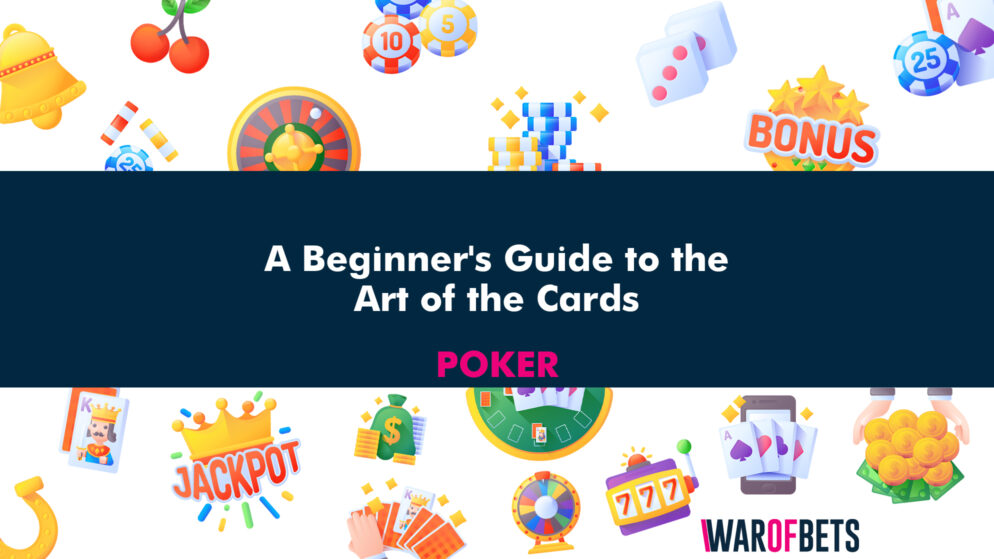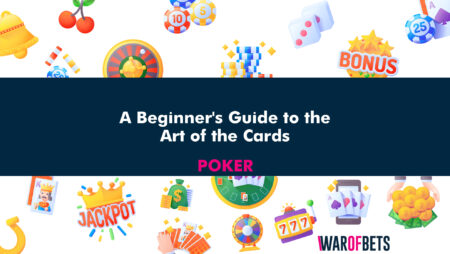

Poker, a game that has transcended centuries, cultures, and continents, remains one of the most beloved and iconic card games. Whether you’re stepping into a casino or logging onto an online platform understanding the basics of poker is your ticket to an exciting and strategic gaming experience.
The Basics: Understanding the Hands
Poker revolves around the concept of hands, which are specific combinations of cards. The hierarchy from the highest to the lowest hand is as follows:
- Royal Flush: A, K, Q, J, 10 of the same suit.
- Straight Flush: Five consecutive cards of the same suit.
- Four of a Kind: Four cards of the same rank.
- Full House: Three cards of one rank and two cards of another.
- Flush: Five cards of the same suit, not in sequence.
- Straight: Five consecutive cards of different suits.
- Three of a Kind: Three cards of the same rank.
- Two Pair: Two sets of pairs.
- One Pair: One set of a pair.
- High Card: If no one has any of the above, the hand with the highest card wins.
Getting Started: The Betting Rounds
A poker game typically involves several betting rounds, and understanding the flow is crucial:
- Blinds: Two players post forced bets known as the small blind and big blind.
- Hole Cards: Players are dealt private cards (hole cards) and a round of betting begins.
- The Flop: Three community cards are dealt face up and another betting round follows.
- The Turn: A fourth community card is revealed leading to another betting round.
- The River: The fifth and final community card is shown followed by the last betting round.
Strategies: The Mind Game
Poker is not just about the cards; it’s a psychological battle. Here are some strategies:
- Bluffing: Conveying false information about your hand to deceive opponents.
- Positional Awareness: Understanding your position at the table can impact your decisions.
- Reading Opponents: Observing opponents for signs of strength or weakness.
- Starting Hands: Knowing which hands to play based on their probability of winning.
Etiquette: Being a Good Player
- Act in Turn: Wait for your turn to make a decision.
- Pay Attention: Stay engaged in the game even when you’re not involved in a hand.
- Respect Others: Treat fellow players with courtesy and respect.
Poker is more than a game; it’s an intricate dance of skill strategy and chance. As you embark on your poker journey remember that mastery comes with time practice and a willingness to learn.













